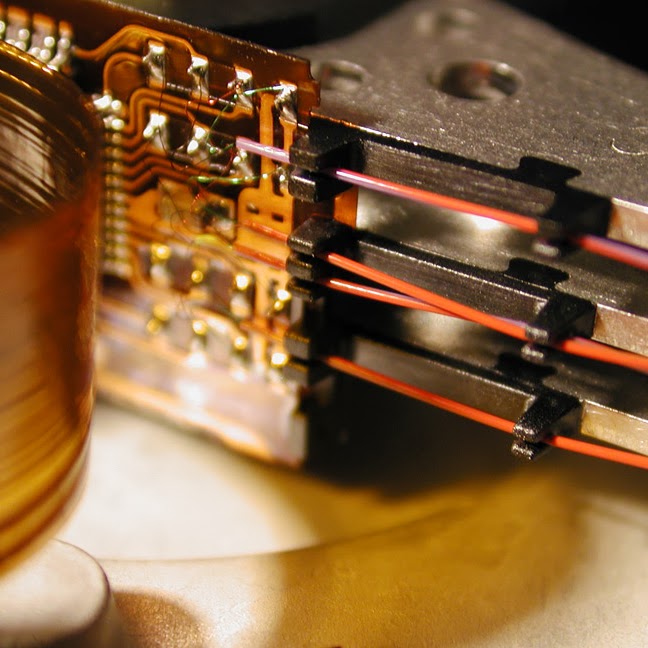When you’re on the hunt for a new USB power adaptor, you may come across a few options with gallium nitride (GaN) technology. These charging bricks tend to be a bit expensive. But due to their reduced size and increased charging ability, a GaN charger may be your ideal purchase. It could even help you save money in the long run.
Most USB chargers use silicon semiconductors. Gallium nitride (GaN) is simply a power-efficient alternative to silicon. It allows a charger to achieve small size without a reduction in charging speed or thermal performance. A GaN charger is ideal for travelling or powering several high-wattage devices, such as laptops.
With more and more laptops charging through USB-C, and more phones making use of ultra-fast charging, you’ll start to notice that the silicon based chargers can get really hot during charging these devices.
Instead of buying a large silicon-based charger that only has two ports (with a shared throughput), you can buy a GaN charger with four, five, or even six high-speed charging ports.
#technology #chargers #GaN



Well, my job was for a video platform provider, so transcoding, rendering and compiling at the same time is a major use case. I think there exists a target audience for the MBP.
You’re right however that most lightweight pro users could do with an air, like graphics designers (2d) or even front end devs.
Even backend devs! Docker is lightweight, Go (what I use) is also super light. Maybe if a dev ran VMs and worked with JVM monstrosities, but those guys would be using a Windows intel beast machine anyway.
Yeah, I’m a Go dev too and running some services locally is no issue, but our local Dev env used to run in a VM with a lot of stuff on it. The M1 chugs along without an issue but the Intel macs just throttle immediately.
I do believe for this the pro is way better than the air
Just seems so wasteful to run on the metal ya know?